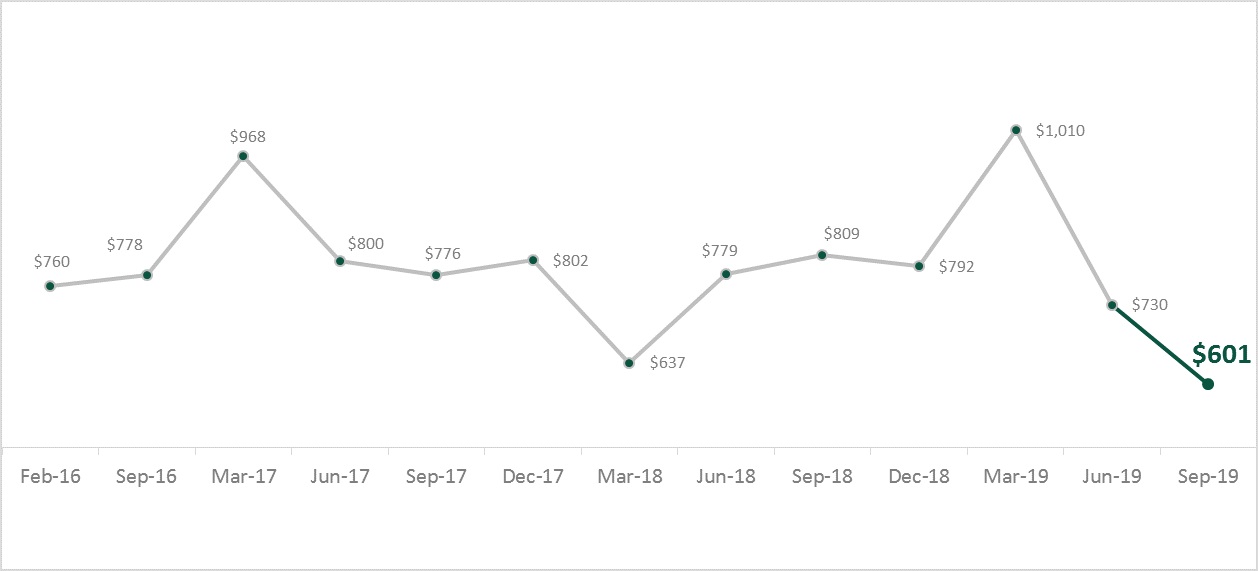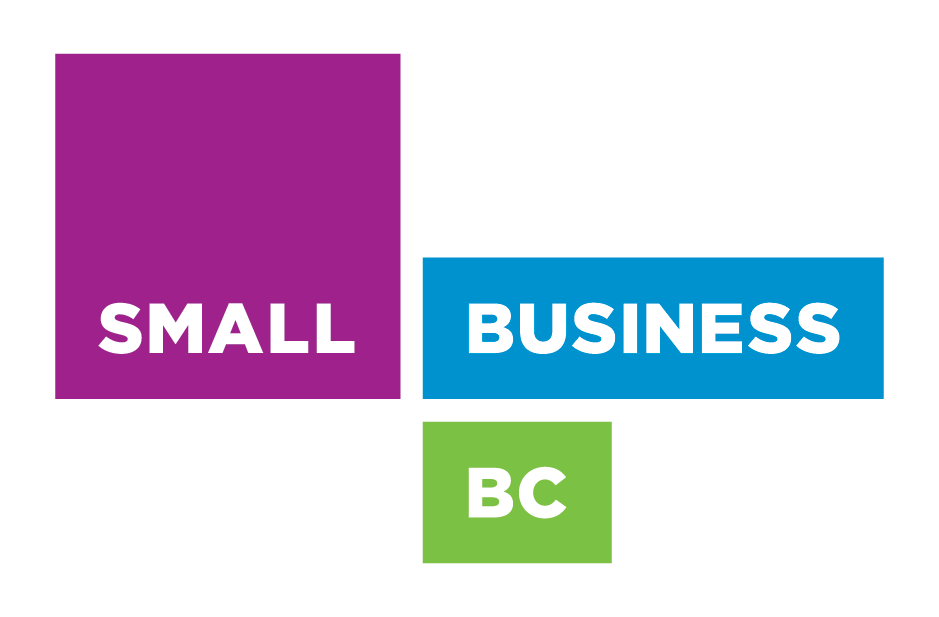Vancouver – Even though the Bank of Canada has stated that it will keep interest rates stable until next year, nearly half (48%) of British Columbians say they are more concerned about their ability to repay their debts than they used to be. The concern could be the result of declining wiggle room in household budgets. After paying all their bills and debt obligations, British Columbians say they are, on average, left with $601 at the end of the month, a drop of $129 since June and the lowest level since tracking began in February 2016. Nearly half (45%, +1) say they are left with less than $200, including three in ten (26%) who say they already don’t make enough money to cover all their bills and debt obligations each month (+2 pts).
The findings are part of the latest MNP Consumer Debt Index conducted quarterly by Ipsos. Now in its tenth wave, the Index tracks Canadians’ attitudes about their consumer debt and their perception of their ability to meet their monthly payment obligations.

Average Finances Left at Month-End
Image
Caption: British Columbians were asked: Thinking about the amount of
after-tax income you make each month compared to the amount of your
bills and debt obligations each
month, how much is left over? In other words, how much wiggle room do
you have before you wouldn’t be able to pay all your bills and debt
payments each month?
“There is less and less wiggle room in household budgets in the province which make many increasingly vulnerable to unexpected expenses or increases in living costs,” says Lana Gilbertson, a Vancouver-based Licensed Insolvency Trustee with MNP LTD, the country’s largest personal insolvency practice. “Many British Columbians don’t have enough to cover their bills each month let alone put anything away for rainy day savings. That is concerning because it is most often unexpected expenses that derail personal finances.”
It’s no surprise that with less in the bank at month-end, British Columbians’ ability to cope with unexpected expenses has been shaken. Seven in ten (68%) are not confident in their ability to cope with life-changing events – such as a divorce, unexpected auto repairs, loss of employment or the death of a family member – without increasing their debt.
“Unexpected expenses are most devastating for severely indebted individuals because they are forced to take on more debt they can’t afford and that begins a cycle of increasing servicing costs, and eventual default,” says Gilbertson who recommends having at least three to six months of expenses saved in case of emergencies.
British Columbians may have fewer dollars left at month-end to buffer them from sudden expenses but, somewhat surprisingly, they are growing generally more positive about their personal financial situations. According to the index, three in ten (28%) say that their debt situation is better than it was a year ago (+5 pts) and around the same number (36%) say that it is better than five years ago (+3 pts). In addition to being optimistic about the present, an even greater proportion feel more positive about the future, with four in ten (39%) expecting that their debt situation a year from now will be better (+1 pt), and half (51%) believing that it will be better five years from now (+3 pts).
“The current holding pattern on interest rates may be giving British Columbians a sense of relief about mortgage payments and other debts. Still, the fact remains that many are far into the red without a clear path to repayment,” says Gilbertson pointing to evidence from the research showing that many may intend to take on more credit to make ends meet over the next year.
Just about half (45%) of British Columbians say they don’t think that they will be able to cover all their living and family expenses for the next 12 months without going further into debt, unchanged since June. Furthermore, about the same number (46%) are confident they won’t have any debt in retirement, a two-point drop.
“Some have resigned themselves to the fact that they may never be debt free. Even if interest rates remain stable, that is a cold comfort to those already having a difficult time making ends meet,” says Gilbertson.
A large portion of British Columbians (49%) are concerned about how rising interest rates will impact their financial situation (-2 pts). Although down ten points since June, forty-three per cent still agree that if interest rates go up much more, they are afraid they will be in financial trouble. Finally, a third (33%) are still concerned that rising interest rates could move them towards bankruptcy (-4 pts).
“If you feel like your debt is out of control, get professional help. Even if you have a significant amount of credit card debt, a line of credit, a mortgage, a car loan or all of the above, there are debt relief options,” says Gilbertson.













